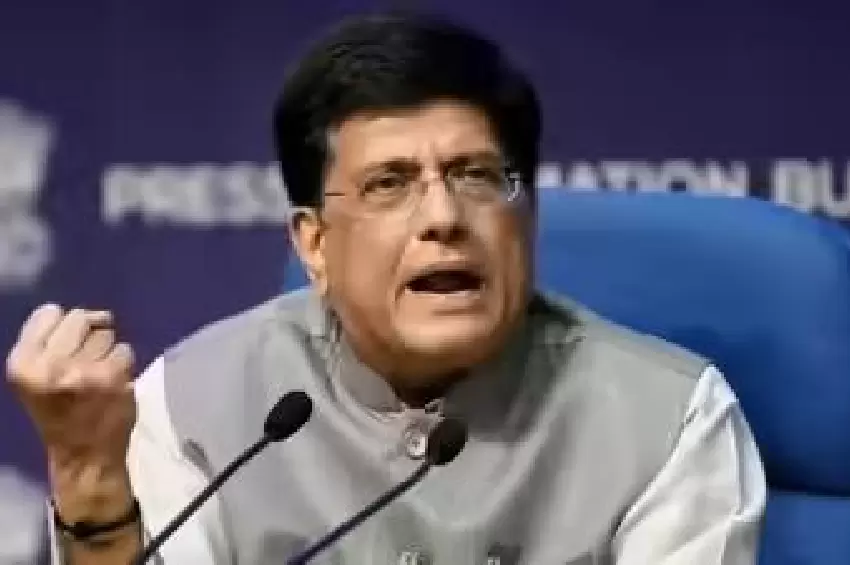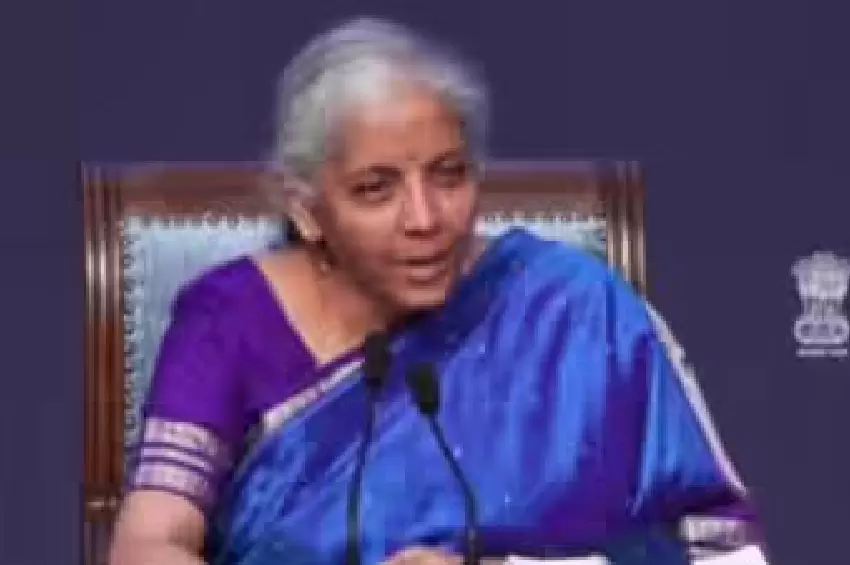Government Defends Revised SO₂ Emission Norms
The central government has stepped forward to defend its decision to adjust sulphur dioxide (SO₂) emission standards for thermal power plants, citing comprehensive scientific research and stakeholder consultations. This move, aimed at balancing environmental sustainability with energy sector demands, has ignited a nationwide debate.

Scientific Backing and Policy Rationale
Highlighting the basis of its decision, the ministry referenced studies from IIT Delhi and NEERI, which indicate a minimal contribution of sulfate to PM2.5 levels near thermal plants. The government criticizes media portrayals of the policy as a 'regulatory dilution,' asserting instead a strategic, evidence-based recalibration of standards.
Environmental and Health Implications
Despite concerns from environmental groups about potential worsening of air pollution, the ministry maintains that current SO₂ exposure levels do not pose a significant public health risk. The revised norms introduce a case-by-case assessment for plants in critically polluted areas, exempting a majority from immediate FGD unit installations.
Looking Ahead
With the majority of India's thermal plants yet to comply with earlier standards, the extended deadlines offer a pragmatic approach to compliance. The government emphasizes the need for a balanced approach that considers both environmental objectives and the operational realities of the energy sector.









Comments